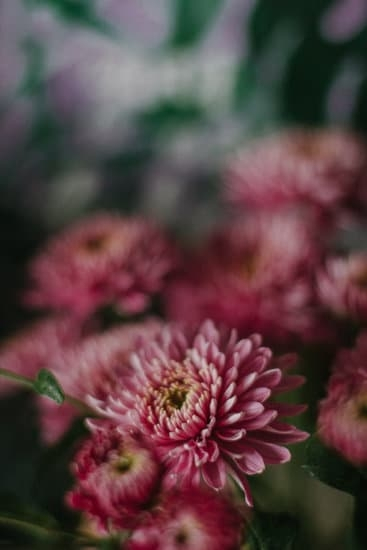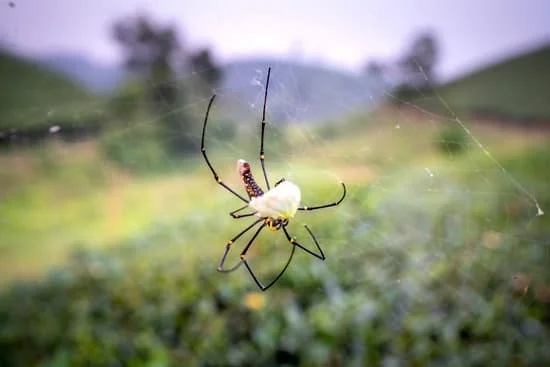Home Gardening Tips
for the Busy Professional
Do you want a garden, but don’t have the time to care for one? Are you a busy professional who dreams of having a garden but doesn’t think you have the time? Here are some tips to help you get started with home gardening, even if you’re short on time.
1. Choose plants that don’t require a lot of maintenance. There are many plants that don’t require a lot of care, so you can still have a garden even if you’re short on time. Choose plants that don’t need to be watered often, or plants that can survive in dry conditions.
2. Choose plants that don’t need to be fertilized often. There are also many plants that don’t need to be fertilized often, so you can avoid this task if you’re short on time. Choose plants that can survive in nutrient-poor soil, or plants that don’t need to be fertilized at all.
3. Choose plants that don’t need to be pruned often. There are also many plants that don’t need to be pruned often, so you can avoid this task if you’re short on time. Choose plants that don’t need to be pruned often, or plants that can survive in a neglectful garden.
4. Choose plants that don’t need to be sprayed with pesticides. There are also many plants that don’t need to be sprayed with pesticides, so you can avoid this task if you’re short on time. Choose plants that are resistant to pests, or plants that don’t need to be sprayed with pesticides at all.
5. Choose plants that don’t need to be transplanted often. There are also many plants that don’t need to be transplanted often, so you can avoid this task if you’re short on time. Choose plants that don’t need to be transplanted often, or plants that can survive in a crowded garden.
6. Choose plants that don’t need to be watered often. There are many plants that don’t need to be watered often, so you can avoid this task if you’re short on time. Choose plants that don’t need to be watered often, or plants that can survive in dry conditions.
7. Choose plants that don’t need to be weeded often. There are also many plants that don’t need to be weeded often, so you can avoid this task if you’re short on time. Choose plants that don’t need to be weeded often, or plants that can survive in a weed-free garden.
8. Choose plants that don’t need to be pruned often. There are also many plants that don’t need to be pruned often, so you can avoid this task if you’re short on time. Choose plants that don’t need to be pruned often, or plants that can survive in a neglectful garden.
9. Choose plants that don’t need to be sprayed with pesticides. There are also many plants that don’t need to be sprayed with pesticides, so you can avoid this task if you’re short on time. Choose plants that are resistant to pests, or plants that don’t need to be sprayed with pesticides at all.
10. Choose plants that don’t need to be transplanted often. There are many plants that don’t need to be transplanted often, so you can avoid this task if you’re short on time. Choose plants that don’t need to be transplanted often, or plants that can survive in a crowded garden.
Home Gardening Tips India
is a blog that is committed to providing useful information to the gardening community in India. The blog is written by a team of gardening experts who have many years of experience in the field. The blog provides information on a wide range of topics, including plant care, propagation, pests and diseases, and garden design.
The blog is updated regularly with new posts, and the team is always happy to answer questions from readers. If you are interested in gardening, or if you just want to learn more about it, then be sure to check out the Home Gardening Tips India blog.
Home Vegetable Gardening Tips In Tamil
So you have decided to start a vegetable garden. Wonderful! But where do you start?
The best way to start is by assessing your needs and then planning accordingly. Do you have enough space for a garden? What kind of vegetables do you want to grow? How much time can you devote to gardening?
Once you have answered these questions, you can start planning your garden. The best way to do this is by drawing up a plan. This will help you to visualize the layout of your garden and determine what you will need.
Once you have your plan, you can start acquiring the necessary tools and supplies. Be sure to read the instructions that come with your tools and supplies.
Now it’s time to start planting! Follow the instructions that come with your seeds, and be sure to water and fertilize your plants as needed.
Congratulations! You have now created your very own vegetable garden.
At Home Gardening Tips
, we are dedicated to providing our readers with the very best information possible on gardening and landscaping. Whether you are a beginner or a seasoned pro, we have something for you. Our blog section is constantly updated with new and informative articles, so be sure to check back often.
In addition to our blog, we also offer a variety of other resources, including:
-A comprehensive gardening guide
-A landscaping guide
-A plant database
-A forum for discussing gardening and landscaping topics
-A directory of gardening and landscaping professionals
We hope you find our site helpful and informative. Thank you for visiting!
Easy Home Gardening Tips
for the Busy Person
Are you one of those people who is always on the go? Do you find it hard to find time to take care of your garden? If so, don’t worry. There are some easy home gardening tips that you can follow to make your life a little bit easier.
1. Start by creating a garden plan. This will help you to stay organized and make sure that you are planting the right plants in the right places.
2. Make sure that you are using the right gardening tools. This will help to make the job a lot easier.
3. Try to garden during the cooler months of the year. This will help to save you time and energy.
4. Plant perennials. This will help to reduce the amount of work that you have to do in the future.
5. Make sure that you are watering your plants correctly. This will help them to grow healthy and strong.
6. Mulch your plants. This will help to protect them from the heat and the cold.
7. Use organic gardening methods. This will help to keep your garden healthy and free of chemicals.
8. Try to recycle and reuse materials in your garden. This will help to save you money and time.
9. Take the time to learn about your plants. This will help you to care for them properly.
10. Enjoy your garden! Gardening is a great way to relax and connect with nature.

Welcome to my gardening blog! I am passionate about plants and enjoy sharing my knowledge and experiences with others. In this blog, I will write about everything related to gardening, from tips on how to get started to updates on my own garden projects.





